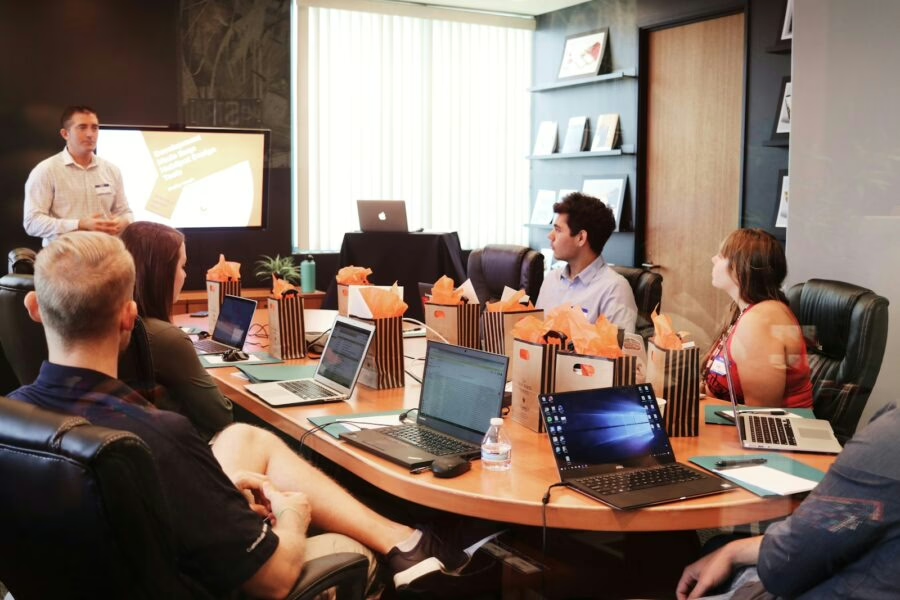
A new study conducted by Censuswide for Admiral found that Generation Z employees have a tendency to seek out long-term tenure and stability in their careers.
The findings indicate that nearly 88 percent of Generation Z employees surveyed prioritise financial security and a sense of community when job hunting, making stability with a single employer a key factor. On average, Gen Z employees aim to remain in their roles for seven years, doubling the 3.5-year tenure typical of previous generations.
Key Factors Driving Gen Z Preferences
The research found several factors influencing Gen Z’s preference for long-term employers. Stability amidst economic and political uncertainty drives 17 percent of respondents, while 50 percent attribute the shift to a cultural emphasis on work-life balance. Baby Boomers, by comparison, report minimal influence from external events in seeking stability.
Forty percent of Boomers state that no event in their lifetime has caused them to prioritise more stable careers, compared to much higher rates among younger generations. When evaluating what makes a good employer, Baby Boomers place the highest value on loyalty and acting with integrity, diverging from younger generations’ focus on flexibility and upskilling.
Shoshanna Davis, founder of Fairy Job Mother and a Gen Z career expert, says that employees want to be valued, and to access opportunities within the same company.
“For previous generations, working for one employer meant one role for life,” she said. “What we’re seeing now is people wanting to stay with the business but to have the chance to upskill, move within the business, and experience different roles.”
A significant portion of Gen Z employees (28%) seek a stable professional base that supports their passions and interests outside of work, with 55 percent prioritising financial security. Millennials are more likely to prioritise work-life balance over career advancement, with 52 percent choosing balance compared to 46 percent seeking advancement. Millennials also have a slightly higher tendency than Gen Z to favour mental health support over professional development (56% versus 52%).
Implications for Employers
The modern workforce, particularly among Gen Z, view employers not just as providers of financial stability but as platforms for professional growth and personal development. Employers aiming to attract and retain this cohort must focus on offering upskilling opportunities, internal mobility, and supportive work-life balance policies.
Shoshanna Davis added that support, a clear path for progression and fair rewards will go a long way towards increasing the likelihood of retaining young workers long-term.
“Job-hopping often stems from a lack of these opportunities and a feeling of stagnation,” she said. “In today’s economic climate, the stability of a supportive workplace can make a huge difference, offering not just financial security but also a sense of purpose and belonging.”


